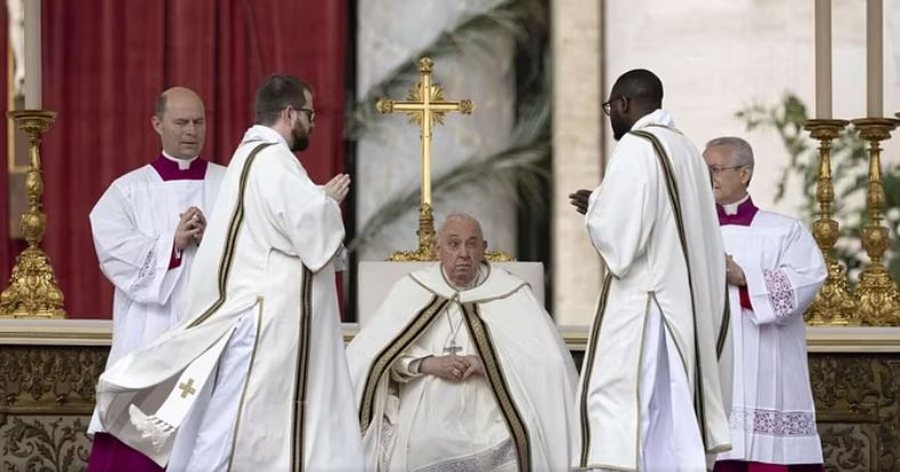
Pope Francis has faced strong opposition from within the Catholic Church since his election in 2013, particularly over his open and reformist stances. His approach to the poor, foreigners, divorcees and the LGBTQ+ community has created friction with the more conservative part of the Vatican.
Often, criticism has come from the highest church figures. Among the most famous are the Cardinals of Dubia, who opposed the relief for divorced and remarried in the document “Amoris Laetitia.” Similarly, Father Georg Gänswein, the former secretary to Pope Benedict XVI, accused Francis of breaking liturgical traditions and of excommunicating him.
One of the most vocal critics was Archbishop Carlo Maria Viganò, who accused the Pope of covering up sex scandals and called for his resignation. Viganò was later excommunicated for schism. Cardinal Müller, the former head of the Congregation for the Doctrine of the Faith, also criticized him for “malgovernance” and the influence of his advisers.
Despite the attacks, Pope Francis has continued on his path of reform, emphasizing that he follows the Gospel and advocating inclusion and mercy for all believers. He has shown determination against sexual abuse in the Church and has stood firm in the face of accusations that he is a “Satanist,” a “Freemason,” or a “Communist.”
(A2 Televizion)











